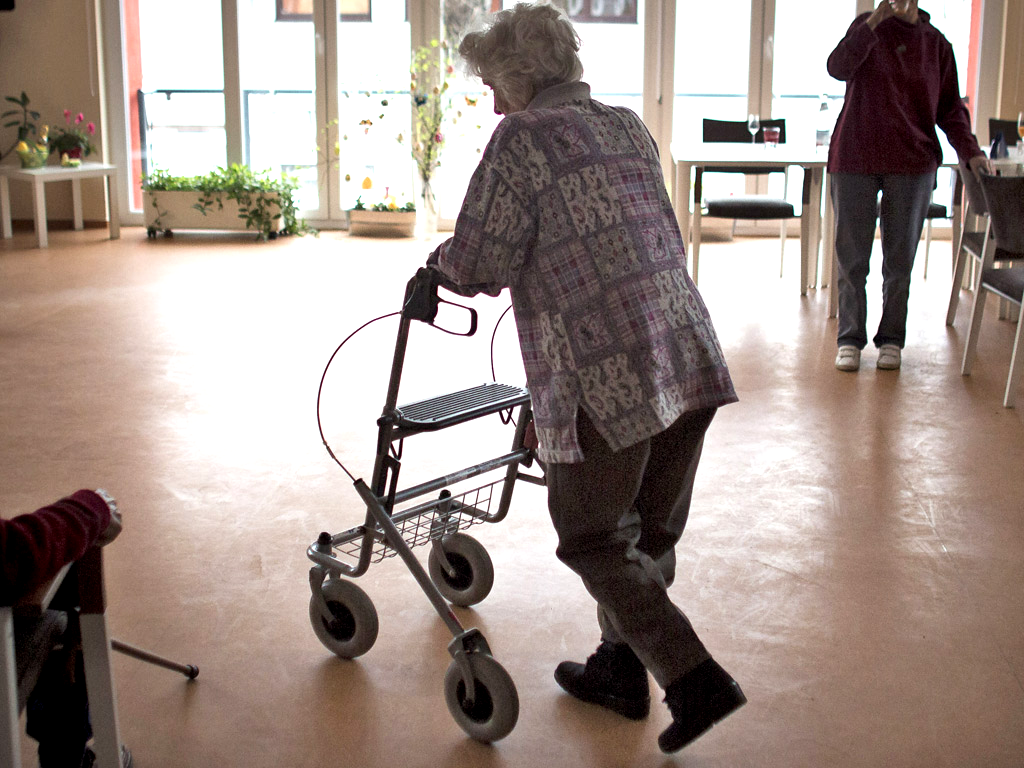£55 dementia diagnosis scheme sets 'dangerous precedent', claim doctors
Scheme would pay GPs £55 per diagnosis

Your support helps us to tell the story
From reproductive rights to climate change to Big Tech, The Independent is on the ground when the story is developing. Whether it's investigating the financials of Elon Musk's pro-Trump PAC or producing our latest documentary, 'The A Word', which shines a light on the American women fighting for reproductive rights, we know how important it is to parse out the facts from the messaging.
At such a critical moment in US history, we need reporters on the ground. Your donation allows us to keep sending journalists to speak to both sides of the story.
The Independent is trusted by Americans across the entire political spectrum. And unlike many other quality news outlets, we choose not to lock Americans out of our reporting and analysis with paywalls. We believe quality journalism should be available to everyone, paid for by those who can afford it.
Your support makes all the difference.A group of leading doctors and patient advocates have said NHS plans to pay GPs £55 for every dementia diagnosis have set a “dangerous precedent” and should be scrapped.
The scheme, announced last month, will run until April last year and is aimed at improving rates of dementia diagnosis.
However, it has met with widespread opposition from doctors and patients who warn it could undermine trust in GPs, or lead to diagnoses made based on financial rather than clinical judgements.
In a letter to NHS England chief executive Simon Stevens, published in the British Medical Journal today, 50 doctors, along with Katherine Murphy, chief executive of the Patients Association, say that the scheme should “withdrawn without delay”.
“The diagnostic process is unique in the doctor-patient relationship because the patient has to trust the doctor’s judgement,” they write. “There must, therefore be absolute surety that doctors have no other motivation than the patient’s best interests when they make a diagnosis.”
The scheme could have “truly tragic consequences” if it led to patients being misdiagnosed with dementia, a progressive disease.
Dr Martin Brunet, a Guildford GP who has led resistance to the scheme told The Independent that while he expected few GPs would allow the incentives to affect their clinical judgement, the impact on patient trust could be severe.
“Even if every GP in the country was completely honourable our patients could still doubt our motives,” he said. “As a patient, if you know the doctor is going to be paid some money if they call it dementia and not paid money if they call it mild cognitive impairment, you will be less secure as to why you’ve been given that diagnosis.”
Other common conditions, such as diabetes, are also under-diagnosed, and Dr Brunet warned that if doctors did not oppose this scheme, then other diseases might be subject to similar schemes in the future.
Dementia diagnosis rates in England are low, estimated at around 37 per cent of the true extent of the disease in 2010. Around 400,000 are estimated to be living with disease undiagnosed.
Dr Martin McShane, NHS England’s national clinical director for people with long-term conditions said: “Dementia is an absolutely devastating condition, and there are too many people undiagnosed who are being denied the care they need. It would be wrong to overstate the level of financial incentive. These are paid to GP practices - not individuals - and are unlikely to amount to more than a few hundred pounds a year.”
Join our commenting forum
Join thought-provoking conversations, follow other Independent readers and see their replies
Comments